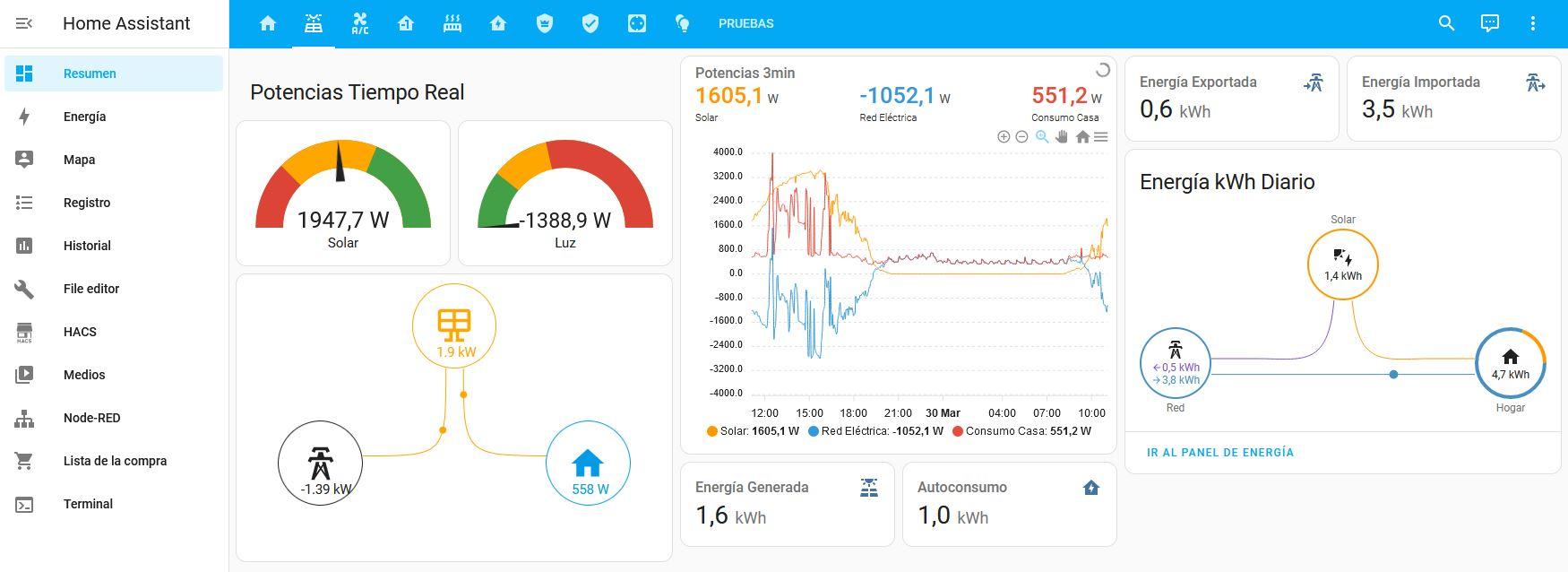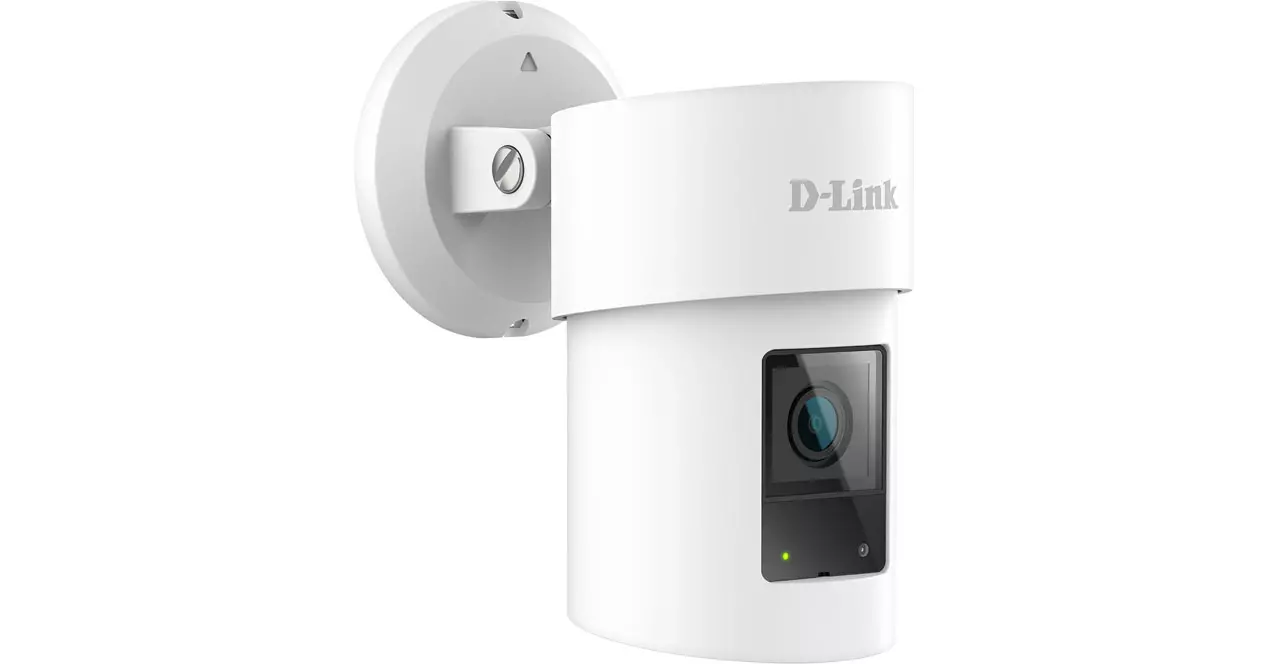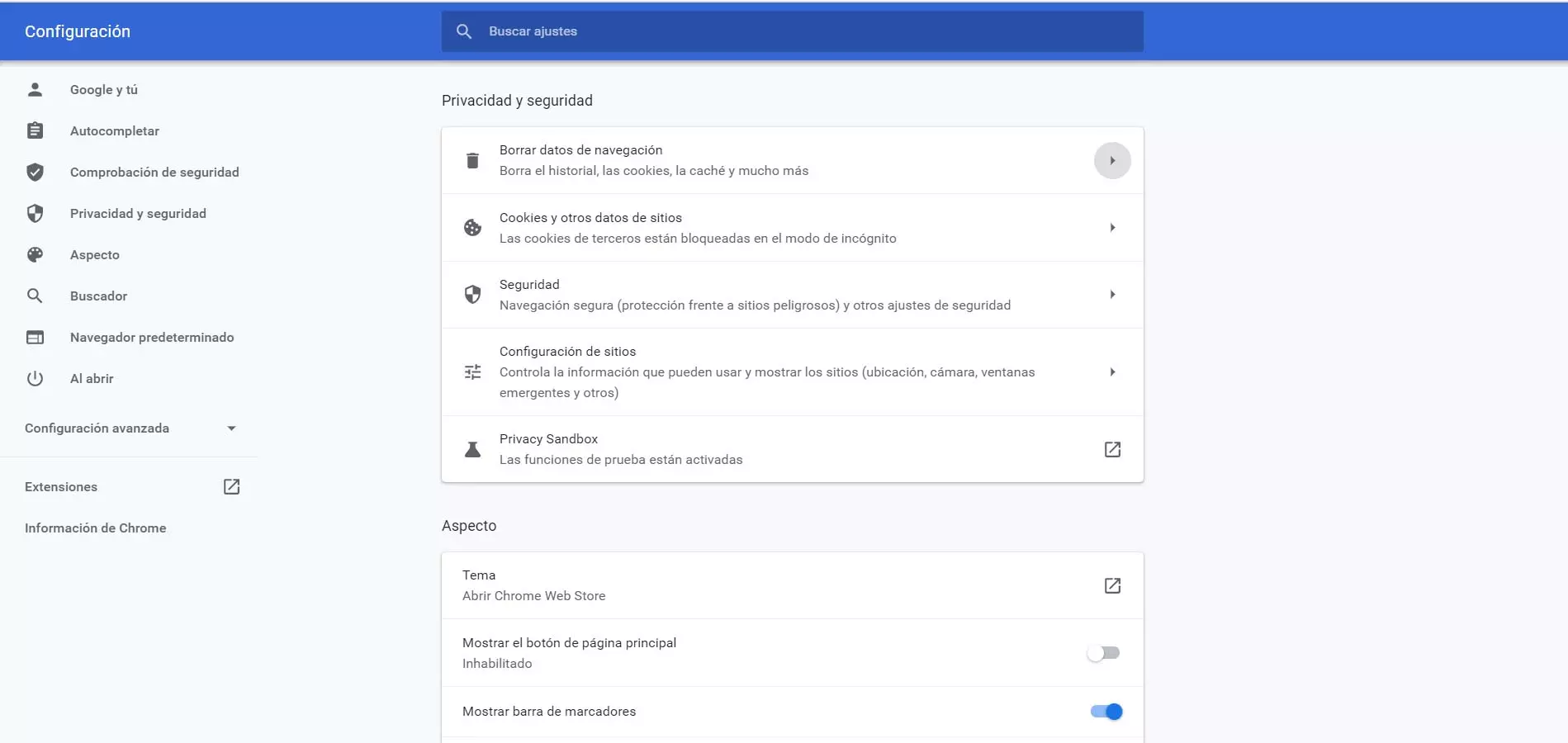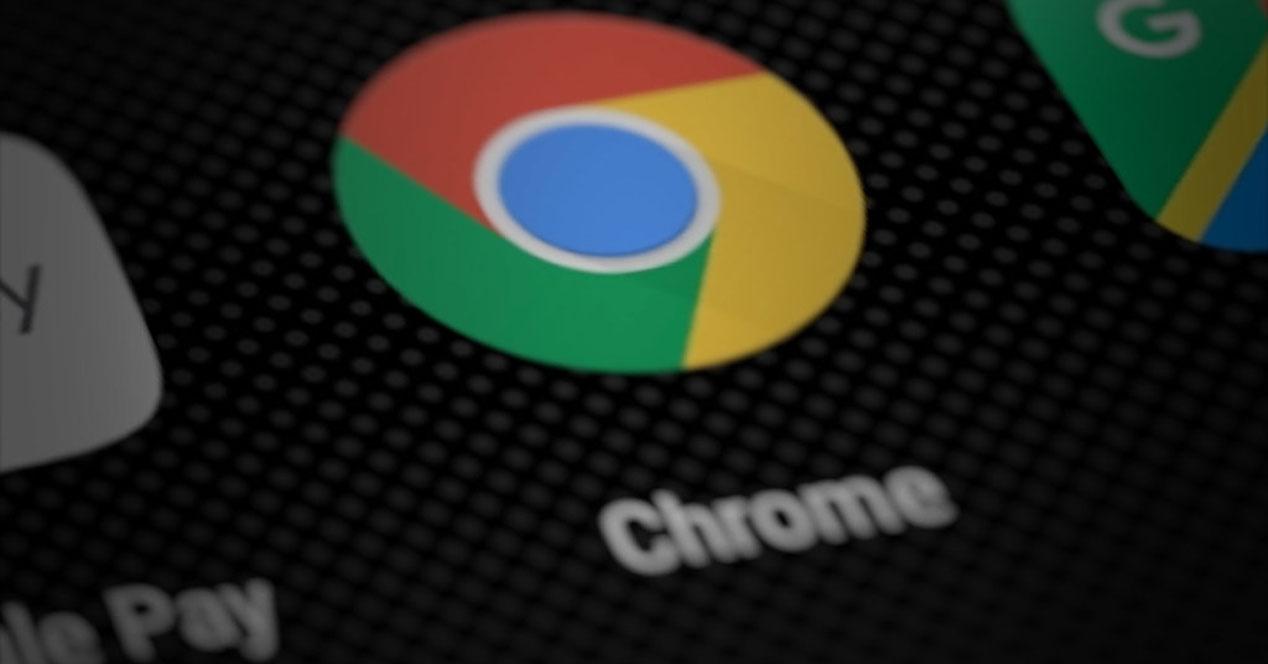
Since the middle of 2021, we have suffered one of the wildest increases in the electricity bill in memory. Many people decided to make a large investment in their home by installing solar panels, with the aim of cushioning these increases. In recent weeks, with the arrival of good weather (it is neither too cold nor too hot), we are seeing that electricity prices in the PVPC regulated market are reaching all-time lows, especially during daylight hours. Is it worth installing solar panels right now or is it better to wait and see how everything evolves?
Payback time of solar panels
If you have hired a company for the study and installation of solar panels such as Powen, they will have made a simulation of how many kWh you are going to generate during a period of time. Normally, these companies carry out simulations for 10 years, in this way, a solar panel installation must be amortized in the first 10 years of life, since that is when the inverter’s guarantee usually ends. As a general rule, solar panels have a higher guarantee, reaching up to 20 years, and usually have an average life of approximately 25 years, so in this time we will have clearly amortized the installed solar panels.
When electricity is very expensive, the amortization of solar panels decreases, this is because when you install solar panels, what you are really doing is pre-purchasing the energy at a certain fixed cost. Let’s imagine that each 1kWp of installed power in our home generates about 1,500kWh per year (located in Guadalajara, Spain), this means that, if we have a installed power of 4.55kWp (which is the most usual, since there are 10 panels of 455Wh each) we are generating annually about 6825kWh. If we take into account that we have a warranty of about 10 years on the inverterand that these facilities are sized to be profitable somewhat earlier, we can calculate that the generation in these 10 years will be around 68,250kWh. This installation cost us €7,000 in July 2022, so it comes out to €0.10/kWh generated by our panels.
It must also be taken into account that there are bonuses of up to 50% of the IBI of the house where you have installed the panels, we also have EU subsidies and you can even deduct the installation in the income statement, so we could reach savings of almost 50% with respect to the price we have paid, so our installation could cost €3,500 and prepay at €0.05/kWh for electricity in our home.
Another aspect that must be considered is what percentage we have of self-consumption throughout the day. This is essential so that the amortization of the solar panels arrives as soon as possible, however, depending on how you have automated your house with solar surpluses, you will have a higher level of self-consumption or a lower level of self-consumption. The normal thing is usually in a total self-consumption of approximately 30% if you do not have anything automated in your house, and 60% if you have certain automations to take advantage of solar energy as much as possible.
What to do if the price keeps falling
Right now the fixed price rates are around €0.20/kWh with taxes included, some are over €0.18/kWh, so right now it is still very profitable to have solar panels in our home since we are paying the kWh between €0.05 and €0.10 depending on how much the installation cost you. Having the PVPC regulated rate is not highly recommended right now, because the prices during solar hours have dropped a lot, and in addition, the exceptional circumstance has arisen that during these hours you have to pay for your surplus electricity. Not only are you giving away the energy generated by your panels, but you have to pay to be able to export it.
We must bear in mind that these electricity prices are occurring at a time when neither heating nor air conditioning is used, surely in summer when the consumption of electricity increases the prices also do, so solar panels will remain profitable without a doubt. If we had an electricity price of around €0.8/kWh fixed for 10 years, it is clear that it is not worth the investment in the long term, but you cannot guess the future, much less in the electricity market .





